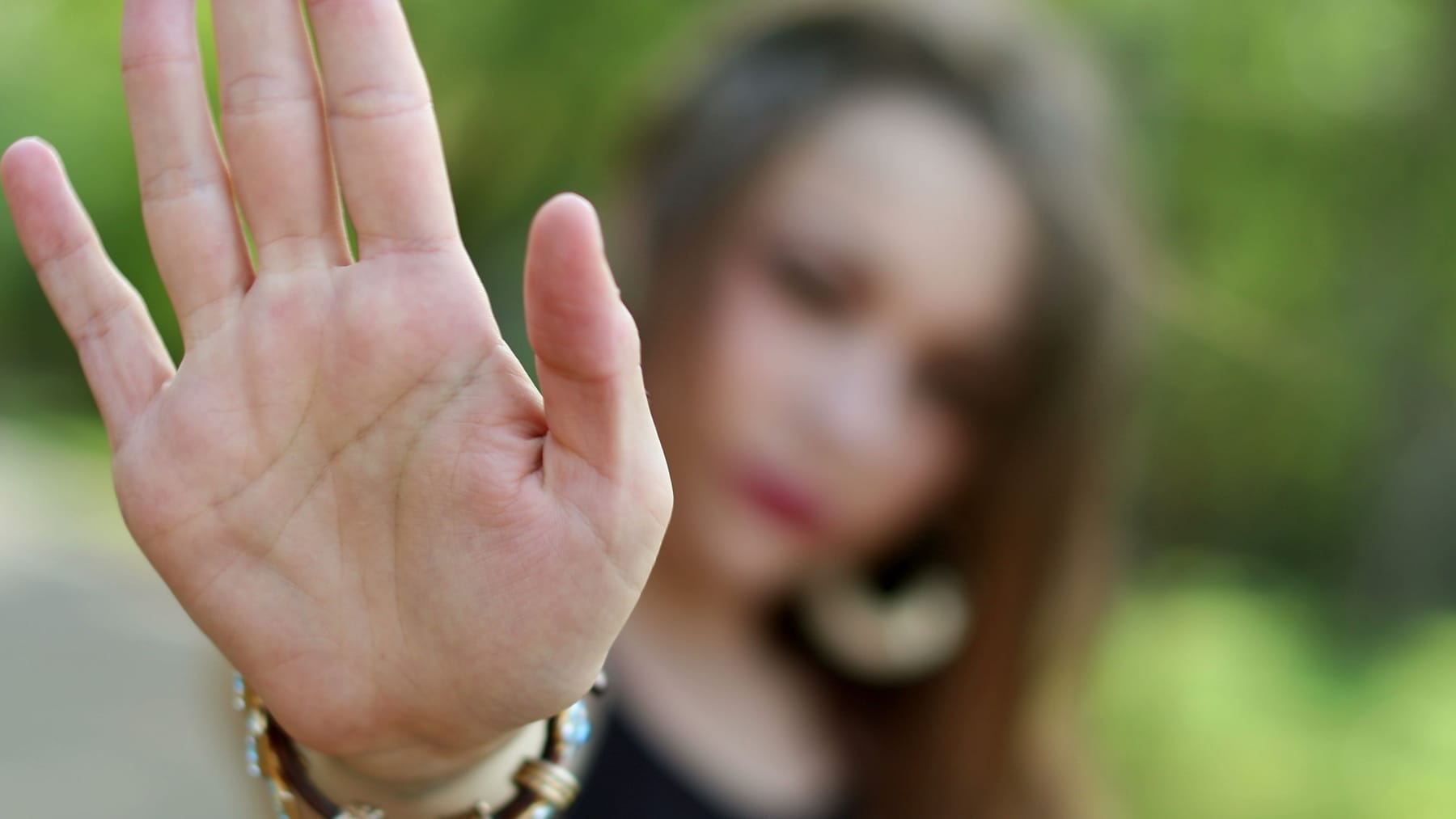There’s an uproar about “Rape Day” on TikTok and in schools. Does it encourage people to commit crimes? An expert classifies.
“Take special care of yourselves on April 24th”, “Better stay at home”, “Oh no, today is April 24th” – these and other worried posts have been on TikTok for a few days and especially this Wednesday. And authorities in the capital have already sounded the alarm: There is a “disturbing TikTok trend” known as “National Rape Day” that could have an impact on schools on April 24th, Berlins wrote Education Senator Katharina Günther-Wünsch (CDU). It is unclear whether this is really a trend. But: There is an uproar about the topic.
Does “Rape Day” really pose a danger? And how does misinformation affect young people?
Communication scientist Martin Emmer from the Free University of Berlin does not assume that there will necessarily be more sexual assaults on the proclaimed “Rape Day”. Because: “Media doesn’t work in such a way that people see something and then immediately change their actions.” In an interview with t-online, the expert explains that many media have a rather indirect effect. “During the coronavirus pandemic, many people posted the most absurd conspiracy theories online and others shared this information even though they knew it was false – but they wanted to get social recognition from a certain group.”
“Search for recognition can lead to violence”
Emmer explains: “Lots of likes and positive feedback are often more important to people than the content.” This poses dangers: “A group dynamic can arise here. The search for recognition from friends can then lead to violence.”
One level of impact that should not be underestimated is the spread of cultural norms, topics and gender stereotypes via social media, according to the expert. “This does not have an immediate effect on people’s actions, but in the long term it has consequences for society. Classic stereotypes of masculinity, for example physical strength, are then passed on and become imprinted in many minds. This is how people become manipulable. This can happen become a risk for society.”
“Young people are often not so stable yet”
According to the communications scientist, there is a reason why young people in particular are susceptible to accepting false information and spreading social media trends. “Young people are often not so stable yet. They develop their identities and are very much oriented towards their environment and their circle of friends.”
The questionable TikTok trend “Rape Day” first spread in 2021. At that time, a group of men are said to have used the platform to call for touching and harassing young women and girls on April 24th because these actions would supposedly not be punished on that day. The video was deleted and the claim was exposed as fake news, but the topic persists.
“This false report is currently being picked up more and more by TikTok users and is being spread in chats in schools,” wrote the Berlin Senator for Education and appealed to teachers to be vigilant.
“I feel even more insecure that day”
Many women and girls expressed concern on TikTok. “I feel even more unsafe that day,” says one comment on a video that discusses “Rape Day.” However, many users are also trying to curb the spread of false information. “There is a certain level of responsibility among many people in society,” says Emmer. “They counter this and warn, for example, about fake news and hate speech.”
And is there a way to prevent misinformation from spreading in the first place? Expert Emmer says: “Unfortunately, you can only take defensive measures when such a wave of fake news has already swept through a platform. TikTok is still considered somewhat cooperative and deletes such problematic content faster than other platforms. But you can prevent it completely not.”
When it comes to prevention, you have to start with media literacy and social skills. “Young people need to learn that social media is not just fun, but that the spread of false information can also have serious consequences,” says the communications scientist. That’s why it’s important to address such topics in everyday school life.








